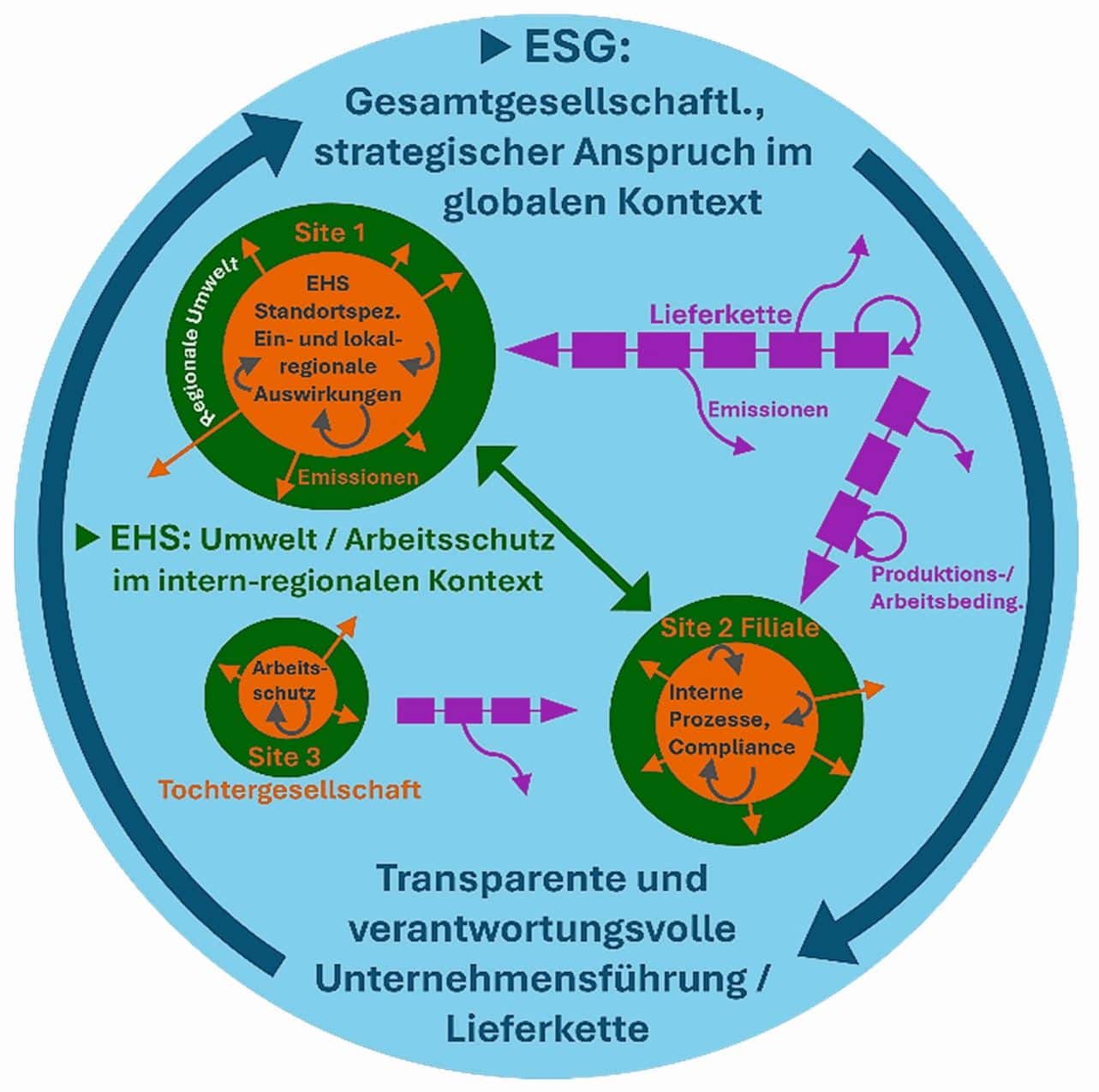Skills shortage: further training and retraining as a top priority
High employee expectations combined with the shortage of skilled workers mean that further training and qualification programs are no longer just a "nice-to-have" for companies, but a necessity. There are two main reasons why modern training and qualification initiatives should be a company-wide priority.

Long-term shortage of skilled workers
Automation and artificial intelligence (AI) are changing the skills required for jobs in all sectors. However, contrary to the assumption that AI and automation will destroy human jobs, the opposite is actually the case. According to the current study "Skills shortage 2024", 82% of German companies are struggling to fill vacancies. The shortage of skilled workers in Germany has more than doubled in ten years and is at an all-time high worldwide. A McKinsey study found that the areas of data analysis and IT development and technology are at the top of the list of missing skills.
Talent retention: More important today than ever before
The message is loud and clear. Employees want to learn new skills and they expect their company to provide them with the development opportunities to do so. In a Gallup study, 57 % of employees surveyed said they want to update and develop their skills. 73 % of the employees surveyed in the Deloitte Global Human Capital Trends study believe that personnel development is the responsibility of their company.
Companies that do not heed the call of their employees run the risk of increased turnover. The same Gallup study found that 48 % of respondents would leave their organization for another company that offers training opportunities. In addition, a report by the World Economic Forum found that the main reason employees left their jobs in the last 12 months was a lack of career development and advancement.
Companies that meet employee expectations by implementing retraining and upskilling programs reap the rewards. Gallup found that employees who have recently participated in a retraining program are 37 % more likely to be satisfied with salary and benefits and 76 % more likely to have a positive attitude toward promotion opportunities. In addition, 71 % of the retrained workforce reported higher job satisfaction. Retraining and upskilling lead to new positions and responsibilities for employees, which also contributes to higher employee retention. LinkedIn has found that companies that have high internal employee mobility have twice the employee retention rate.
"Companies need to start preparing their workforce for the future now, otherwise they run the risk of being left behind. The shortage of skilled workers will persist for some time to come. This makes it all the more important to retain and promote talent within the company and to consider retraining. In this way, companies can close the gaps and increase job satisfaction through new challenges and tasks," Cosima von Kries, Nintex Director, Solution Engineering EMEA, goes into more detail.
Investing in retraining
Retraining has several advantages. If companies lay off employees and then cannot find any qualified staff due to a shortage of skilled workers, this leads to a staff shortage that also affects day-to-day work. In addition, hiring new staff is often significantly more expensive than retraining. Most team members are interested in further training opportunities. Companies should take advantage of this. Existing employees know the company, the processes, the culture, customers and other team members.
Further training programs: Automation Citizen Developers and Citizen Process Experts
"Retraining and upskilling employees instead of hiring new employees prepares the workforce for the future and reduces organizational costs at the same time," says Cosima von Kries. "There are two important programs that companies should definitely include in their retraining and upskilling strategy."
-
Automation Citizen Developers
Automation and AI continue to be a priority for companies and are at the heart of future business developments. However, one of the biggest shortages is predicted to be in developers and software engineers. IDC estimates that there will be a shortage of 4 million developer jobs by 2025.
Citizen developers are employees who are trained to use no-code and low-code automation, AI or other technology solutions. They have technical expertise, but no professional programming or development skills. Instead, they come directly from the business area, for example accounting or sales, for which they then develop smaller technical solutions.
Retraining or upskilling employees to become Automation Citizen Developers has numerous advantages. Well-trained Citizen Developers reduce the need for IT or professional developers. This not only frees up existing IT resources and leads to a faster ROI for automation in the present, but also helps companies overcome skills gaps in the future. Implementing a Citizen Developer training program results in a transformed workforce that is acclimated to using the technology that will define the future of the business.
-
Citizen Process Experts
Citizen Process Experts are employees who know exactly how the work in a business area is carried out: from the processes to the systems and players involved. Citizen Process Experts are trained in process documentation, process modeling, process mining and task mining.
Companies need Citizen Process Experts to work with Citizen Developers because companies cannot successfully implement and scale automation without understanding and optimizing their processes. As Forrester says, companies would be "on the wrong track if they were to introduce far-reaching automation without understanding and possibly revising existing processes".
"By simultaneously building Citizen Developer and Citizen Process Expert programs for automation, companies can ensure the accuracy, success and adoption of their process improvement and automation initiatives while transforming their workforce and nurturing the skills needed for the future," concludes Cosima von Kries.
Source: www.nintex.de
This article originally appeared on m-q.ch - https://www.m-q.ch/de/fachkraeftemangel-weiterbildungen-und-umschulungen-als-top-prioritaet/









